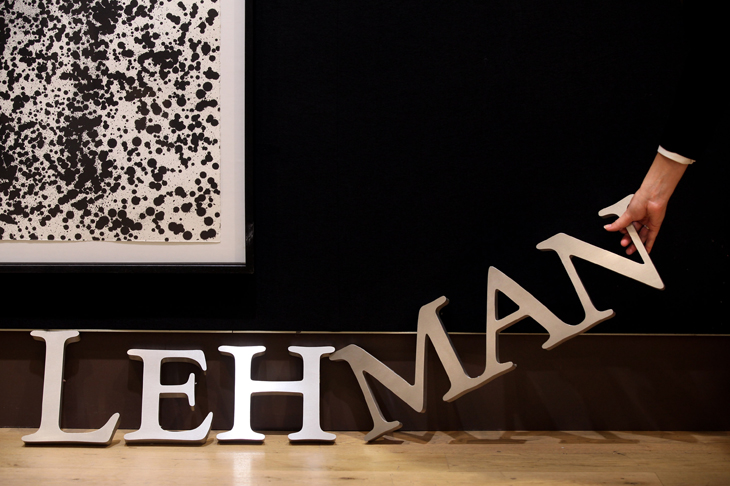We often hear it said that the financial crash created populism. It is now a familiar story: that the Lehman Brothers collapse and the Great Recession exposed a shocking and colossal failure of economic stewardship in general. Ordinary families suffered, while bankers were bailed out. This led to people losing confidence in mainstream parties and established institutions. And this, in turn, fuelled the populist upsurge that upended American and British politics — with Donald Trump and Brexit being two of the results.
While this account is not wrong, I now believe that it represents only a portion of the truth. There are many other cultural and demographic trends at work. Take, for example, the way in which most cities are now thriving but most smaller towns are not. Once, the fortunes of large cities and their hinterlands were linked. Now, cities are like black holes, absorbing skilled labour and resources — but failing to emit either wealth or opportunities to surrounding areas. Compounding this trend, we have the rise of higher education which has created new cultural divisions. A degree not only ups potential salaries, but also reshapes an individual’s entire outlook.
Smaller towns tend to have lower levels of education. As a result, they’ve had a harder time competing in the new global economy. Many rural regions are facing economic stagnation, and end up losing ambitious young people who move to the cities. Populist parties — from the US and Britain to Hungary and Poland — have found their greatest support in these left-behind areas. National capitals and other large cities have become anti-populist bastions.
Such demographic changes offer a better explanation for recent political drama than any talk about the crash or falling wages. In the US presidential election, white voters without college degrees gave their overwhelming support to Donald Trump — in large part because of his strong stance against mass immigration. In the EU referendum, voters tended to support Leave because of similar concerns about demographic trends.
When the definitive history of Brexit is written, Tony Blair’s 2004 decision to make Britain one of the few countries in Europe that opted not to phase in migration from eastern Europe may well be viewed as pivotal. Waves of immigration, in Britain and throughout the West, created fears that national identities were being irreversibly altered. And that politicians didn’t care much about the ‘old stock’ citizens, who feared losing both their status and culture.
The collapse of Lehmans was a seismic event. But so was Angela Merkel’s noble yet ill-judged decision to admit more than a million refugees in 2015. This allowed Viktor Orbán to position himself as the leader of illiberal Europe hawking what he calls ‘illiberal democracy’. Even in Germany — which many believed would have an historical aversion to populism — the Alternative für Deutschland has become a serious political force. In Italy, the League (formerly the Northern League) has transformed itself into a tough anti-immigration party and become the guiding force of the new coalition government.
The populism we see today across Europe and America is politically nationalist and culturally traditionalist. It is seeking to dial back the recent globalisation, embodied by international organisations such as the European Union and the United Nations. The Brexit vote was a reminder that no country is obliged to open its doors to all newcomers, regardless of the consequences. Unfettered internationalism will breed its antithesis: unfettered nationalism.
It is not economics alone that has fuelled the rise of populism, but rather the coming together of economic, demographic, cultural and political resentments. So don’t just focus on the crash. This problem runs far deeper.
This article was originally published in The Spectator magazine.


















